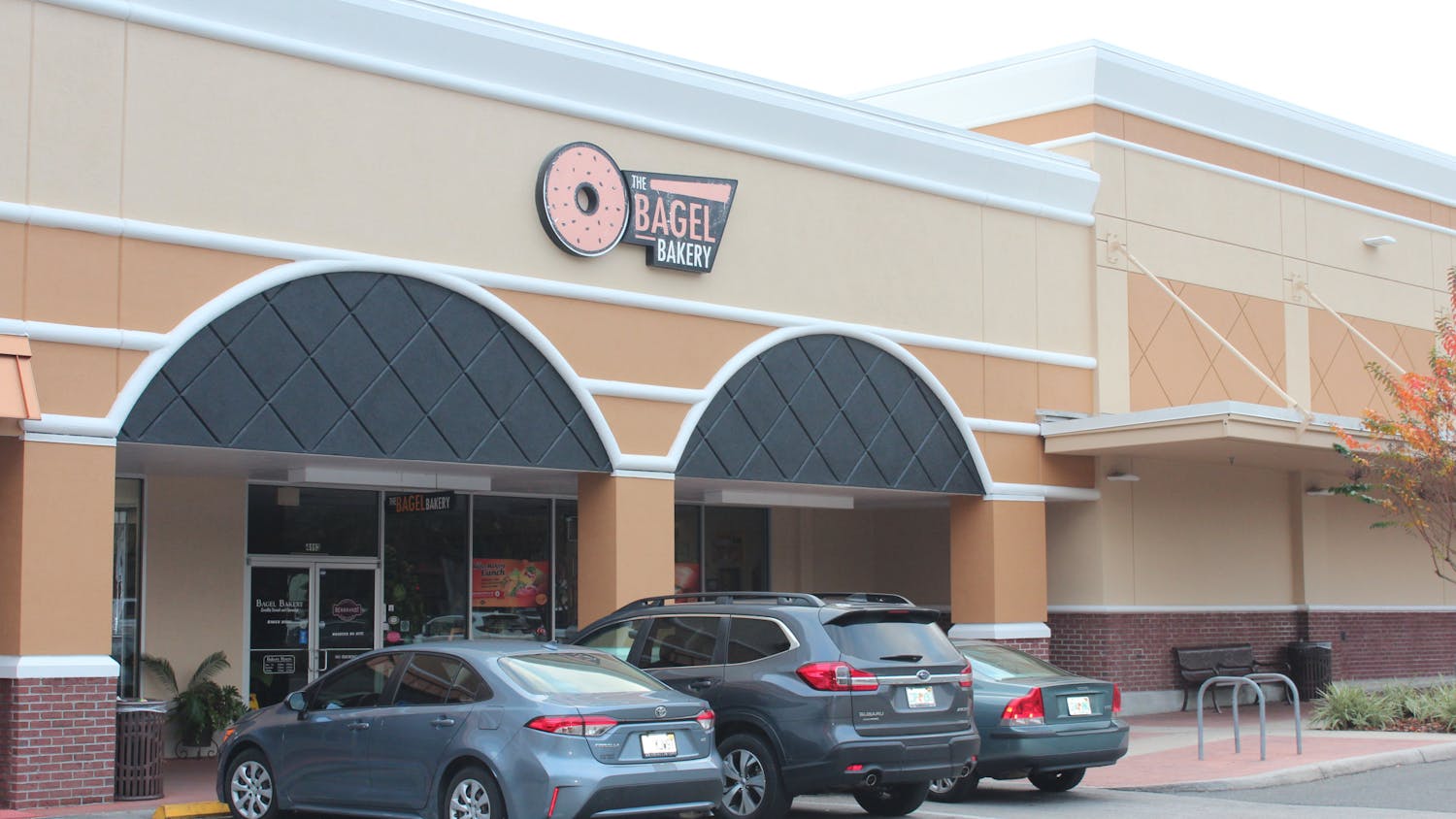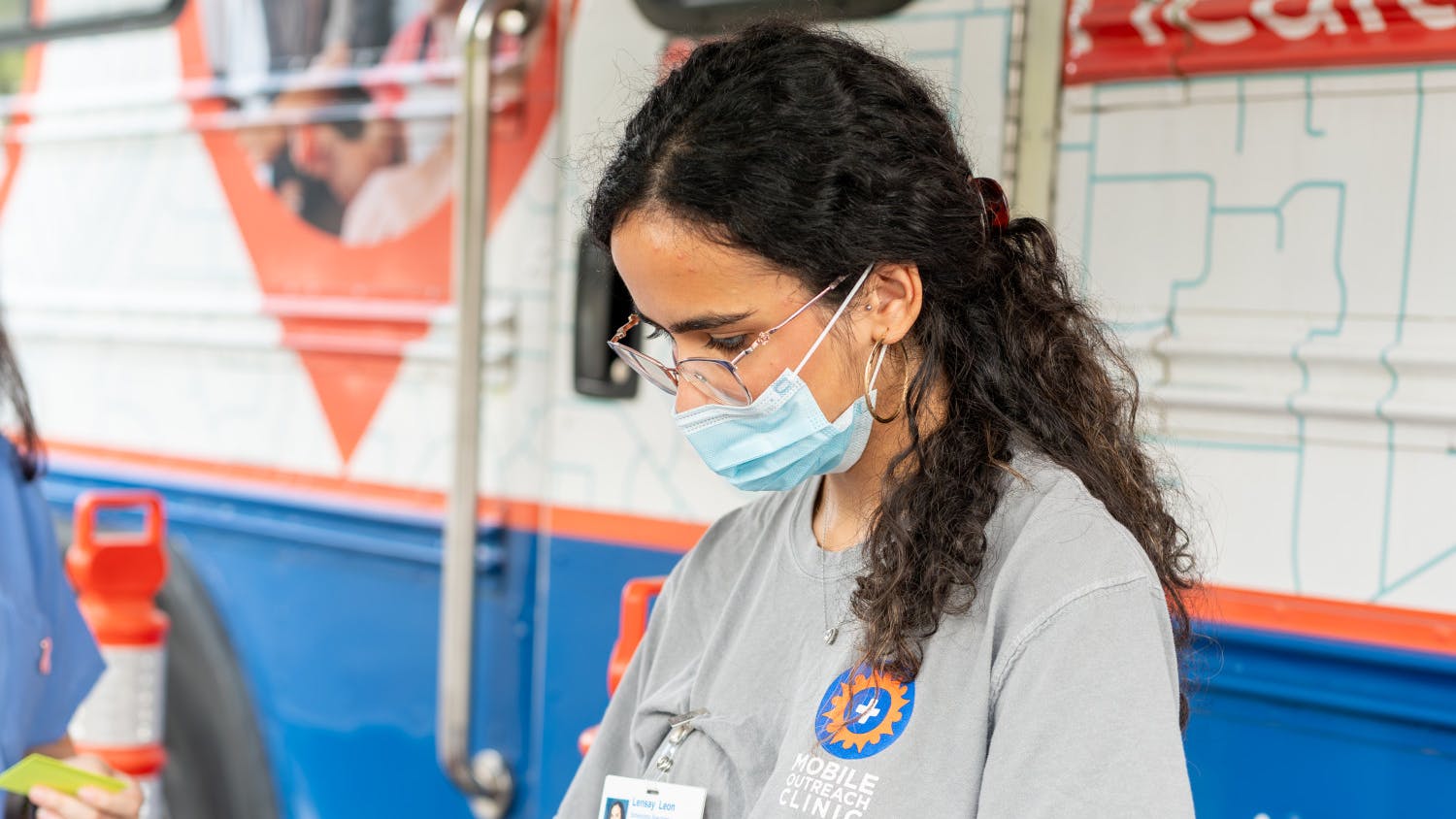Earlier this week, news broke that Ariana Grande and Pete Davidson called it quits and ended their whirlwind engagement. The couple had been dating since late this May, and announced their engagement by late June. Most fans gawked over their relationship and obsessed over their affectionate social media posts about one another. However, others were not so supportive.
Many fans and general members of the public ridiculed both Grande and Davidson for being together, arguing that because the Saturday Night Live star has borderline personality disorder, he shouldn’t be with Grande. These small-minded and ignorant comments did not subside after the breakup. In fact, they just gained more traction and littered social media platforms.
I rarely find myself following pop culture news, especially when it comes to the relationships of celebrities. But the reactions to this relationship were unique and, for lack of a better phrase, triggering.
When Davidson first began receiving aggressive comments saying that Grande shouldn’t date him because of his BPD, he clapped back on social media, explaining that having BPD, or any mental illness, does not automatically make a relationship toxic. He further expressed how crazy it is to stigmatize people as crazy and to try to bar them from doing things that anyone can do. He ended his rant by explaining that the only reason he decided to respond back to the comments is to let others living with mental illness know that they aren’t alone and they are allowed to live normal lives.
The notion that someone who struggles with mental illness is incapable of having a nontoxic relationship is beyond absurd, and it’s disheartening to see that while stigma around mental illness has certainly died down, it’s still very much alive in many circles.
According to the National Alliance on Mental Illness, one in five adults in the United States experience mental illness in a given year. This is equal to 43.8 million, or 18.5 percent, of Americans. Is it really reasonable to suggest that nearly a quarter of the adult population in the U.S. isn’t worthy of finding love or even being in a relationship?
To bring it a little closer to home, one in four young adults between the ages of 18 and 24 have a diagnosable mental illness. And, 75 percent of lifetime cases of mental health conditions start by the age of 24. This means that your friend, your classmate, that total gem you just met on Bumble, or the random date you just took on a date function could be suffering from mental illness.
Chances are, you know someone who is battling depression, anxiety, BPD, post-traumatic stress disorder, or some other mental illness, and you don’t even know it. So to say that this mental illness should hold them back from having meaningful relationships is not just insensitive, but ignorant.
As one of the one in four young adults struggling with mental illness, I can assure you, it doesn’t make relationships — platonic or romantic — any easier. But are they really easy for anyone?
Not only are relationships possible for those with mental illness, but they can serve as a positive and valuable source of support during low times. Furthermore, the notion that all relationships are toxic could not be any less accurate.
I would argue that people who struggle with mental illness are actually capable of having some of the most stable and functional relationships. Since we are self-aware and constantly working on coping with our daily struggles, we are more likely to cut off toxic relationships early on if they aren’t working well for our mental state. We are also able to recognize our flaws and watch out for them as we grow closer with new people.
Mental illness and relationships are not mutually exclusive and should not be treated as such. As a society, we need to work toward further accepting the reality and prevalence of mental illness.
Abigail Miller is a UF journalism and political science senior. Her column normally appears on Fridays.





